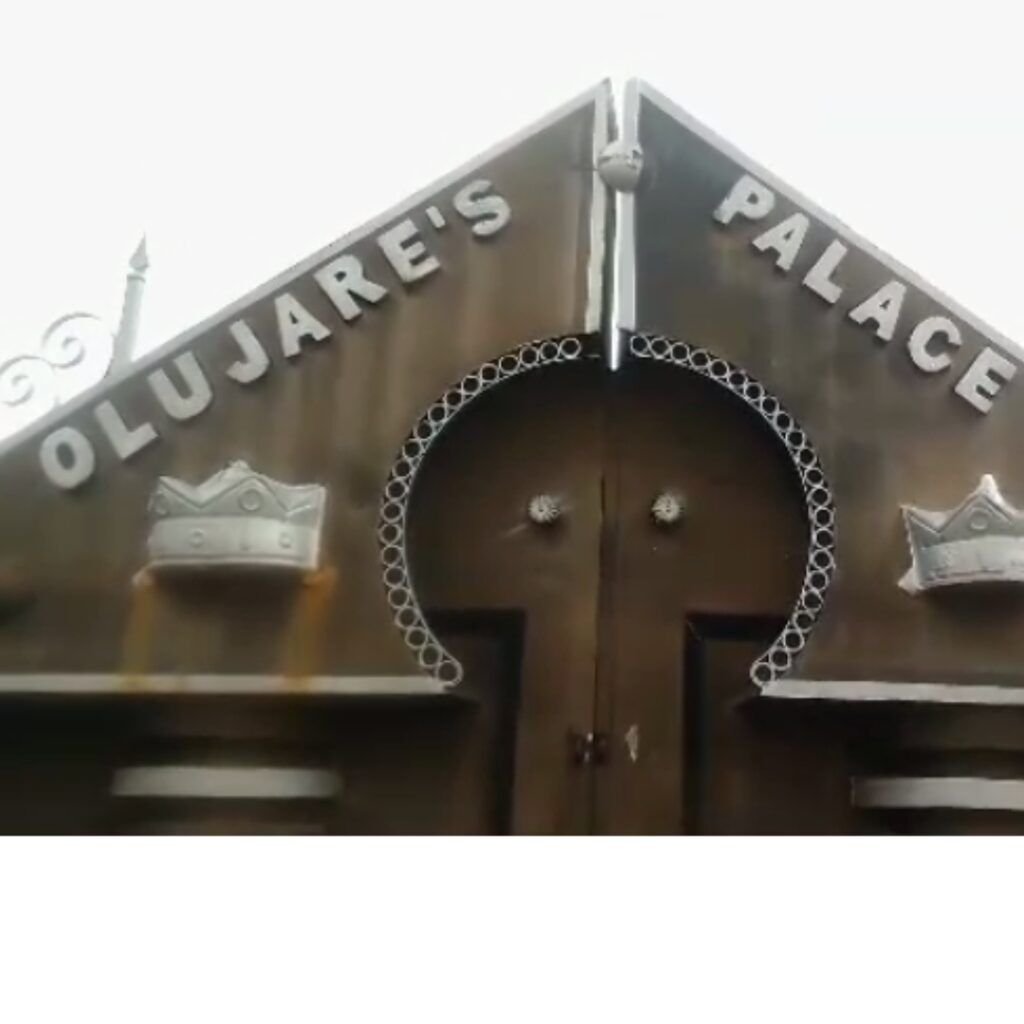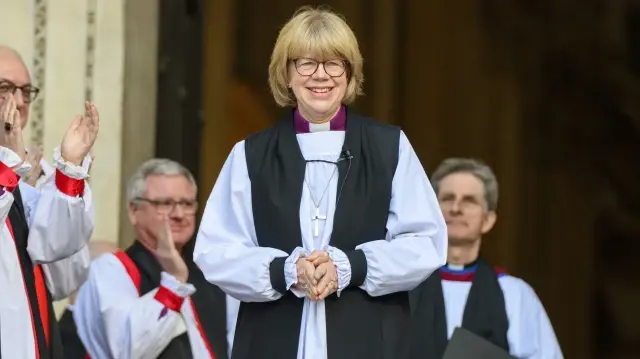
The Ijare community in Ifedore Local Government Area of Ondo State has dismissed claims by the Deji of Akure, Oba Aladetoyinbo Ogunlade Aladelusi, over alleged jurisdictional authority on Ijare.
The community in a rejoinder signed by Prince Oluwatosin Adekunle Alade on behalf of Sejeokun Ruling House, described Deji’s claims on the town as “historically false, legally baseless, and culturally provocative.”
The rejoinder obtained by Thefrontrank affirmed Ijare’s distinct heritage and autonomy, emphasizing that the community has never been a sub-community of Akure.
The statement titled “Rejoinder to the Deji of Akure’s Assertion of Jurisdiction over Ijare published in Punch newspapers 19 July 2025” read:
“The recent statement by Oba Aladetoyinbo Aladelusi, the Deji of Akure, regarding his perceived paramountcy over all Akure-speaking communities—including Ijare—warrants a respectful but unequivocal correction rooted in historical facts, legal precedent, and cultural identity.
“Ijare is not and has never been a subcommunity of Akure. It is a distinct and sovereign Yoruba settlement, tracing its origins directly to Ile-Ife, the cradle of Yoruba civilization. More specifically, the people of Ijare migrated from Ilare quarters Ile-Ife, a well-known source of ancient royal lineages. This migration and establishment predate colonial restructuring and were never subordinated under Akure’s jurisdiction. The uniqueness of Ijare’s history is affirmed not merely through oral tradition but substantiated by documented evidence.
“The 1979 Morgan Commission of Inquiry into Chieftaincy Matters, Volumes 1 to 4, decisively addressed and settled this matter. The Commission report explicitly recognised Ijare’s autonomy and rejected the notion of its subordination to the Deji’s authority. This authoritative legal reference remains binding and must be respected by all parties, regardless of contemporary political aspirations or anecdotal claims.
“It is therefore deeply concerning that the Deji will continue to think he can assert influence over territories such as Ijare, which lie outside his constitutionally and traditionally recognised domain. The claim that Ijare was founded by a son of the Deji not only contradicts established historical narratives but also undermines the legitimacy and integrity of Ijare’s traditional institutions.
“Furthermore, such declarations risk sowing discord among neighbouring communities that have historically coexisted in peace and mutual respect.
“In light of these facts, it is imperative to issue a public caution to any individuals from Ijare who have been engaging with the Deji regarding matters of obaship or traditional authority. Such actions are ill-advised and contradict the collective will and heritage of Ijare. The Deji does not possess jurisdictional authority to intervene, influence, or adjudicate on Ijare’s chieftaincy matters. His continued encroachment is not only historically and legally unsupported but also detrimental to inter-community harmony.
“Our loyalty to our ancestral heritage and the preservation of our community’s autonomy must take precedence above all else. Any further attempts to infringe upon these boundaries will not be tolerated and will provoke a unified and resolute response from our community. We are prepared to engage in lawful actions to defend our rights and uphold our collective identity. Let it be clear: We will not stand idly by while our heritage is compromised.
“While unity and regional cooperation are laudable goals, they must not be pursued at the expense of historical truth and self-determination. The Deji’s aspirations for greater political representation should focus on unifying Akure-speaking communities within his rightful domain—not on asserting control over independent kingdoms like Ijare, whose lineage, culture, and sovereignty stand tall and distinct.
“Ijare remains proud, autonomous, and historically anchored. That status is not negotiable.”


